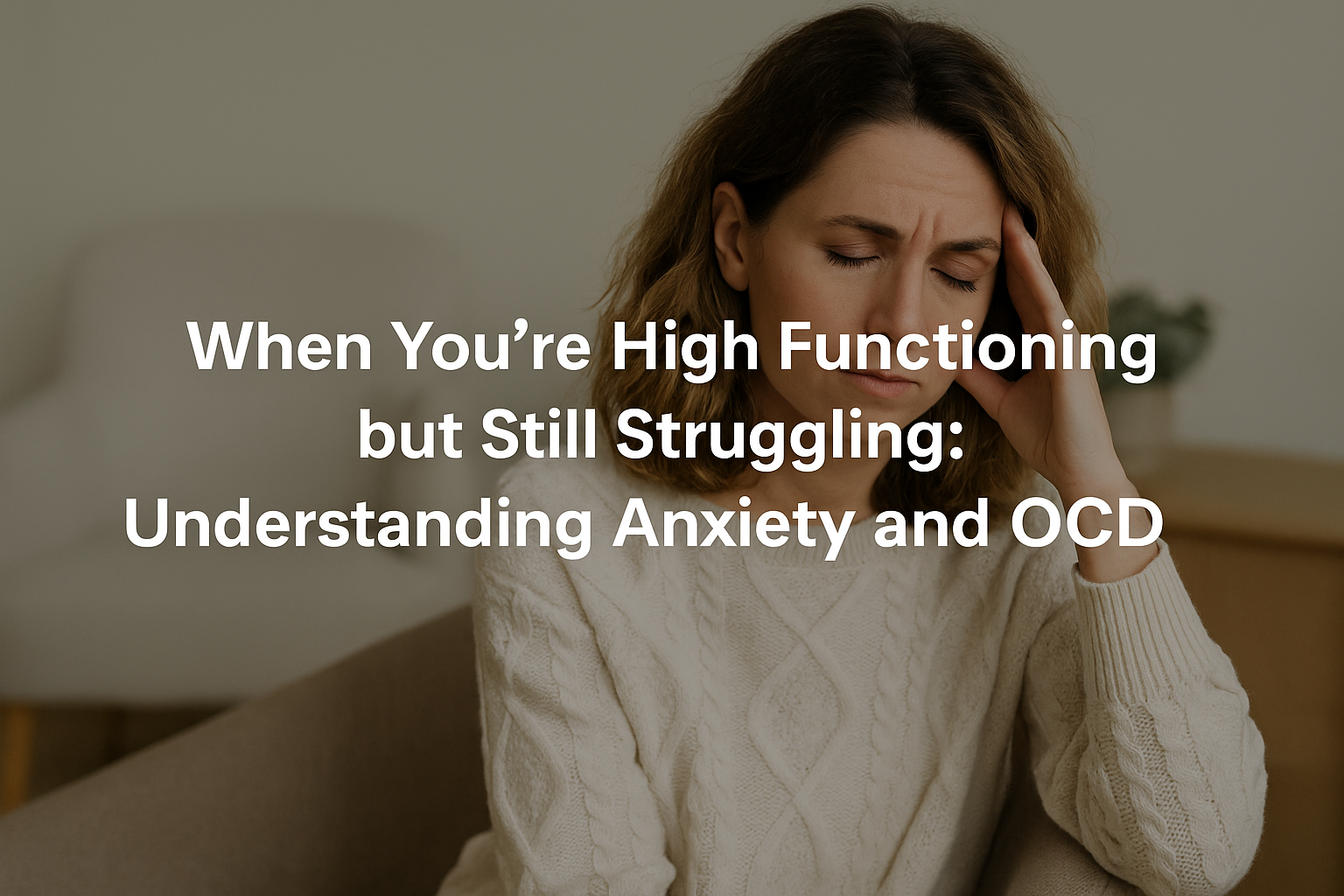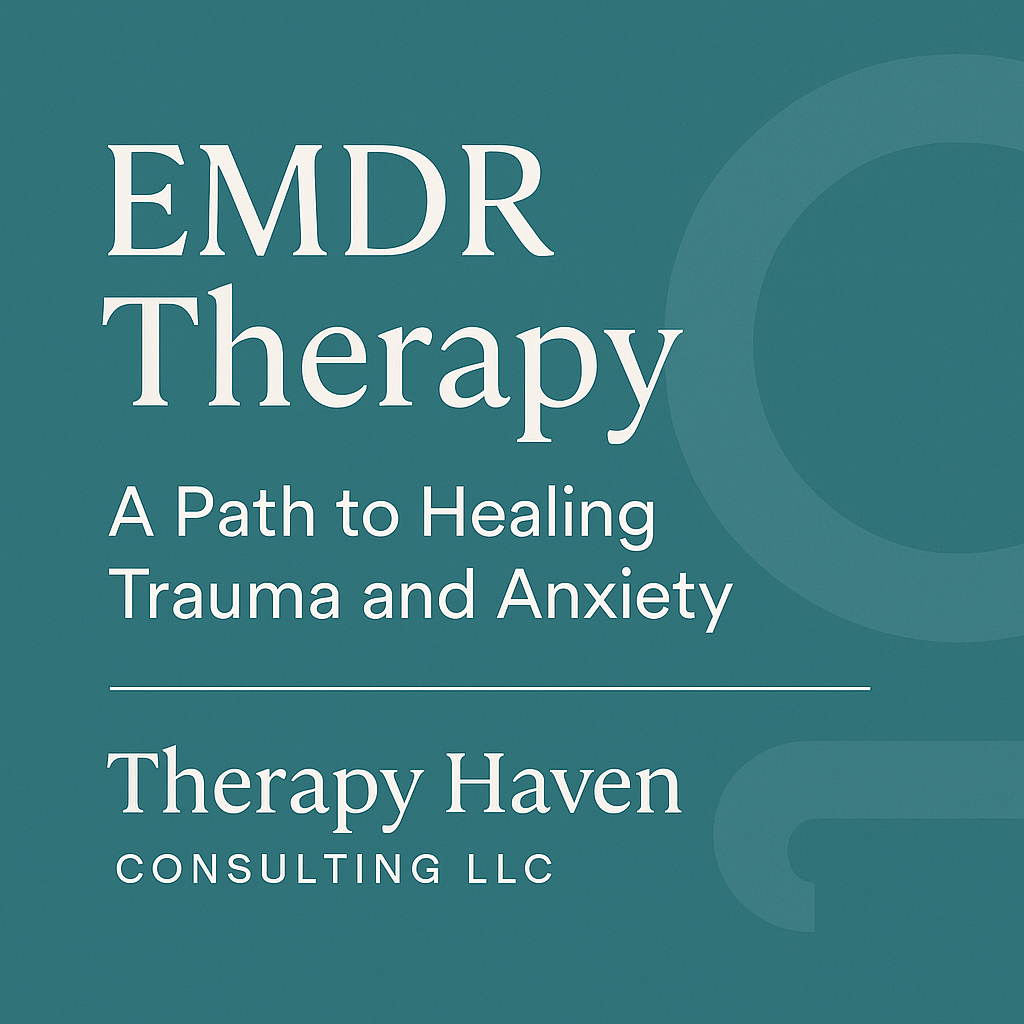Childhood Anxiety Guide

Understanding and Addressing Childhood Anxiety
In a world that can often feel overwhelming, childhood anxiety is a common but serious condition that deserves our attention. It's more than just occasional worries; it's a persistent feeling of unease that can affect a child's everyday life. With 1 in 8 children affected, as noted by the National Institute of Mental Health, it's crucial to address this issue early. This guide aims to provide parents, educators, caregivers, and mental health professionals with insights into the causes of childhood anxiety, the importance of therapy, and effective strategies for managing it.
What Causes Anxiety in Children?
The Role of Genetics
Anxiety can sometimes run in families, suggesting a genetic component. If a parent or close relative struggles with anxiety, a child may inherit these tendencies. This doesn't mean they will automatically develop anxiety, but their predisposition might be higher. Understanding this connection can help families approach anxiety with empathy and awareness.
Life Experiences and Trauma
Children are particularly sensitive to their surroundings and experiences. Stressful or traumatic events such as the loss of a loved one, a severe illness, or an accident can lead to anxiety. These experiences leave lasting impressions, and children may need support to process their emotions healthily.
Navigating Social and Academic Pressures
School can be a significant source of stress for children. From bullying to the pressure to perform academically, children may feel overwhelmed. The desire to fit in and maintain friendships can add another layer of anxiety, making school a challenging environment for some.
Family Dynamics and Learned Behaviors
The Impact of Family Environment
A child's home environment plays a crucial role in their emotional development. Conflicts between parents or a family member's anxiety can contribute to a child's stress levels. A stable, supportive home can mitigate these effects, providing children with a sense of security.
How Learned Behaviors Influence Anxiety
Children often mimic behaviors they observe in adults. If they are frequently around anxious individuals, they may adopt similar patterns. Recognizing and addressing these behaviors early can prevent them from becoming ingrained.
Why Therapy is Essential for Children with Anxiety
The Transformative Power of Therapy
Therapy provides children with a safe space to express their feelings and learn coping strategies. According to the Anxiety and Depression Association of America, therapy can be a profound experience for both the child and their family, offering tools to manage anxiety effectively.
Cognitive-Behavioral Therapy (CBT) for Young Minds
Cognitive-behavioral therapy is a proven method for treating childhood anxiety. By teaching children how to think, react, and behave differently, CBT helps them manage and overcome their fears. The American Academy of Child and Adolescent Psychiatry highlights its effectiveness in reducing anxiety symptoms.
The Importance of Early Intervention
Early intervention is key to preventing long-term mental health issues. By addressing anxiety at a young age, children can learn to manage their emotions and improve their daily functioning. This proactive approach sets the foundation for a healthier, more resilient future.
Exploring Treatment Options
Psychotherapy as a Foundation
Psychotherapy, especially CBT, is often the first line of treatment for childhood anxiety. It focuses on changing thought patterns to reduce anxiety. Through regular sessions, children develop skills to handle stress and improve their overall well-being.
Medications as a Complementary Approach
In some cases, medications like antidepressants or beta-blockers may be prescribed to alleviate anxiety symptoms. While these can be helpful, they are not a cure. Medications should be used in conjunction with therapy for the best outcomes.
Self-Help Strategies for Empowerment
Empowering children with self-help strategies can enhance their ability to manage anxiety. Techniques such as mindfulness, relaxation exercises, and structured problem-solving can be effective. Encouraging physical activity and healthy eating also supports their mental health.
A Case Study in Overcoming Anxiety
A Real-Life Transformation
Consider the story of a 9-year-old client who faced intense anxiety. She struggled with negative thoughts and fear of the unknown. Through months of CBT, she learned coping skills to manage her anxiety. Today, she thrives with little to no anxiety, thanks to the tools she gained through therapy.
The Role of the Family in Managing Anxiety
Providing a Secure Base
A supportive family environment is crucial for children with anxiety. The Child Mind Institute emphasizes the importance of parents in providing stability and encouragement. Families can reinforce coping strategies learned in therapy, creating a consistent and nurturing atmosphere.
Encouraging Open Communication
Open communication between parents and children fosters trust and understanding. Encourage your child to share their feelings and validate their experiences. This dialogue helps children feel supported and less isolated in their struggles.
Supporting Therapeutic Efforts
Parents can play an active role in their child's therapy by reinforcing techniques and participating in family sessions when appropriate. This involvement not only strengthens the therapeutic process but also enhances the parent-child relationship.
Effective Coping Skills for Kids
Building Resilience Through Skills
Teaching children effective coping skills equips them to handle anxiety more constructively. Encourage activities that boost their self-esteem and assertiveness, helping them face challenges with confidence.
Mindfulness and Relaxation Techniques
Practicing mindfulness and relaxation exercises can have a calming effect on anxious children. Techniques like deep breathing and visualization help them stay grounded during stressful moments, promoting inner peace.
Joining Supportive Communities
Connecting with support groups can provide children with a sense of belonging and validation. These communities offer a platform for sharing experiences and learning from others, strengthening their coping abilities.
A Supportive Conclusion
Childhood anxiety is a challenge, but with the right support, children can learn to manage their fears and lead fulfilling lives. Early intervention, therapy, and family involvement are essential components in addressing this issue. By equipping children with coping skills and fostering a supportive environment, we empower them to overcome anxiety and thrive.
If you're seeking professional guidance, consider reaching out to a therapist experienced in childhood anxiety. They can provide tailored support to meet your child's unique needs. Remember, you're not alone on this journey, and help is available to guide you every step of the way.
If you're child is suffering from anxiety please reach out to schedule a free 15 minute consultation today by visiting my website Therapyhaven.org and click client portal to book directly with me.


